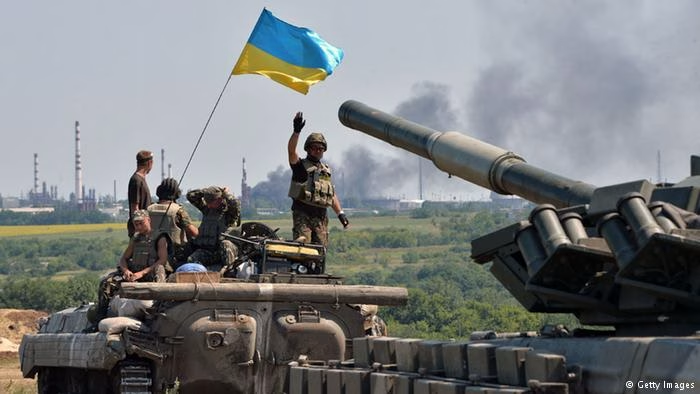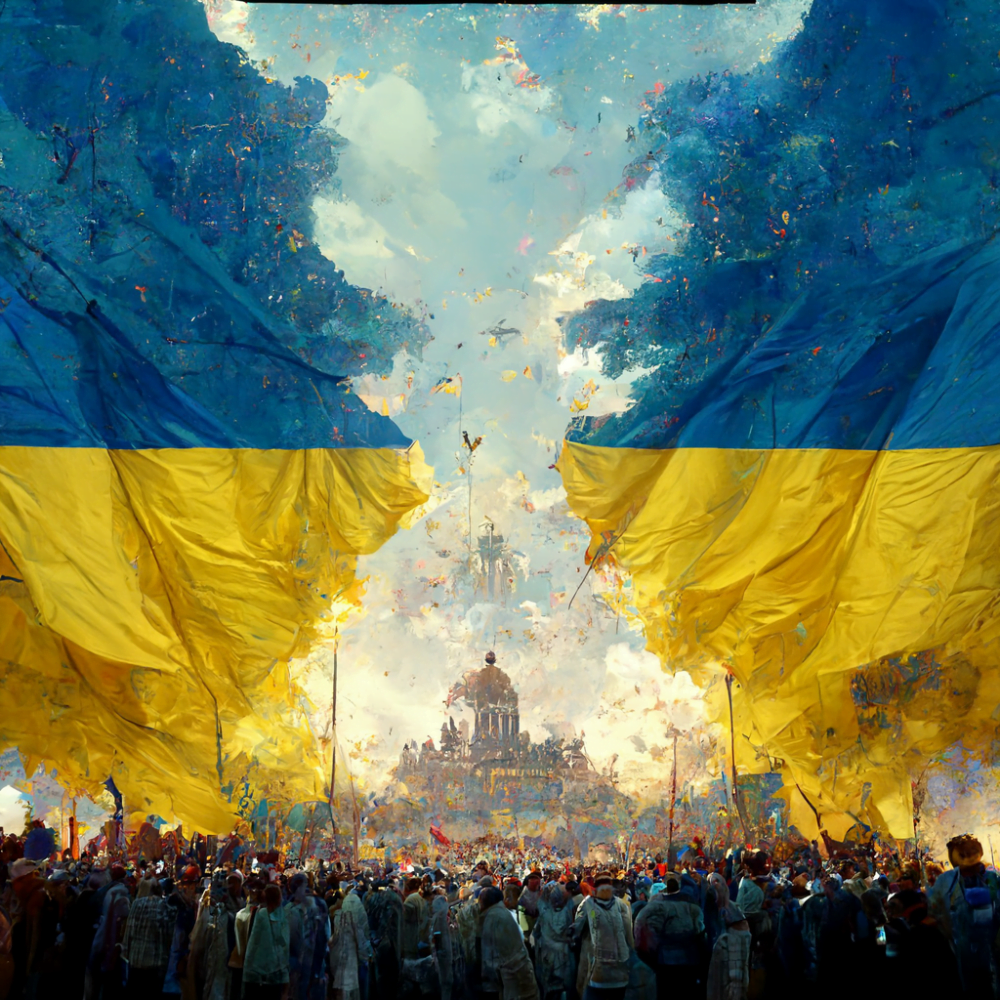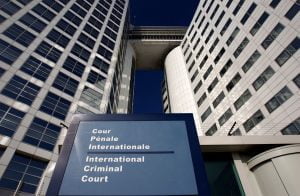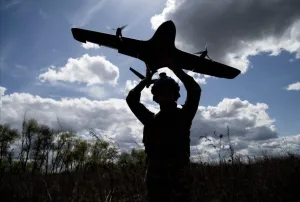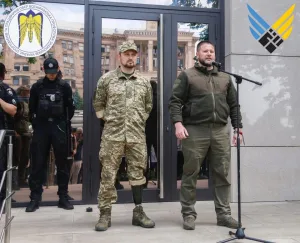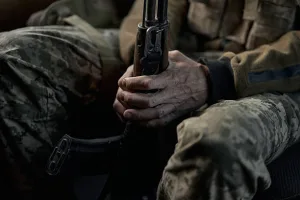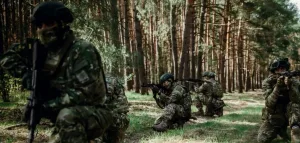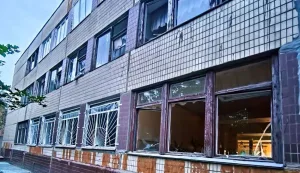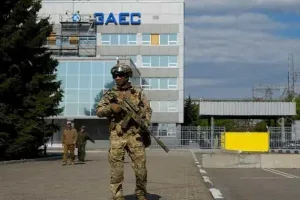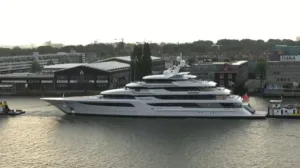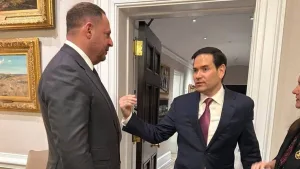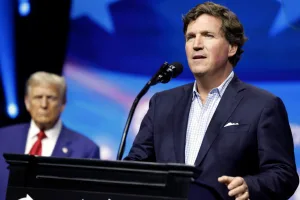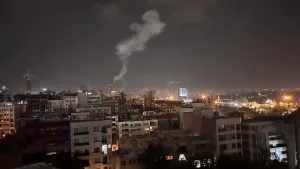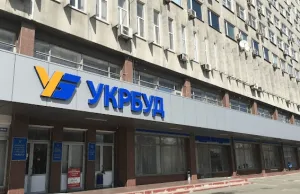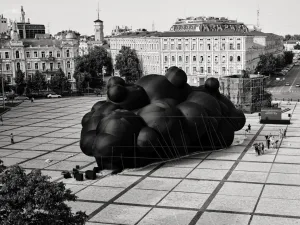Another initiative, this time from Erdoğan, fizzled out almost immediately following Peskov’s declaration that the Kremlin won’t agree to a freeze.
It’s crucial to understand that this refusal isn’t primarily about geopolitics or Russia’s lust for new territory. They’re facing decline and emptiness even in the territories they already hold. Nor is it solely about the psychological state of the bunker-bound elder.
One of the main reasons is economic—specifically, the war economy.
The bunker-bound elder expected a quick two-week stroll, so he didn’t prepare economically for this adventure. As a result, they scrambled to put together a war economy, where the state budget fills military industry coffers and funnels trillions of rubles into contracts and daily and death benefits for the “cannon fodder.”
This has led to an unusual economic upsurge and GDP growth. When a factory that used to produce 10 shells per shift now produces 1,000, GDP indeed rises. But these shells explode on foreign soil faster than they can be made; they aren’t sold to third countries for profit but are simply destroyed. So, the economic effect of this GDP growth fades quickly.
On top of that, there’s a labor shortage and rising wages for those workers who remain. Massive cash infusions for contract soldiers and mobilized troops add to inflation.
To combat inflation, Nabiullina and the Russian central bank raised the interest rate to 21%. This rate hike makes business loans more expensive, leading to a payment crisis, bankruptcies, and production stagnation. This results in what’s known as stagflation, essentially a downward spiral. Even the regime’s loyalists are sounding the alarm.
So now Russia faces a paradox: the war economy has pushed it to the brink of stagflation, but a sudden end to the war would cause a sharp economic crash, leading to a deep, long-term stagnation. If the war continues, that crash is merely delayed.
Their situation is that fighting is bad, but not fighting is worse.
The only option that suits them—but which they will never be given—is international recognition of all occupied territories, the immediate lifting of all sanctions, and a massive influx of foreign investments into the Russian economy. Clearly, this is impossible. But this is exactly what they will pursue. Otherwise, they’re doomed. So they’ll reject any other initiative. Trump will be sorely surprised to find that even if he manages to pressure Ukraine, Russia will sneer at his efforts, refuse the deal, and make him look foolish, likely prompting his retaliation.
The West must understand that the only way out of this stalemate is to push the Russian economy toward collapse. This would make them more flexible in negotiations, especially when they begin to experience food riots, as started a month ago in Kuzbass mines. Ending the war isn’t just about controlling the battlefield; it’s about depriving the aggressor of the economic ability to continue the war.
Today, our army on the front lines is buying us precious time!
And we support our army in return. By the way, the fundraiser for mobile Starlink units for the National Guard artillery is ongoing.
Donation link in the first comment!
Tags: Analytics Russia russia ukraine war Ukraine war
